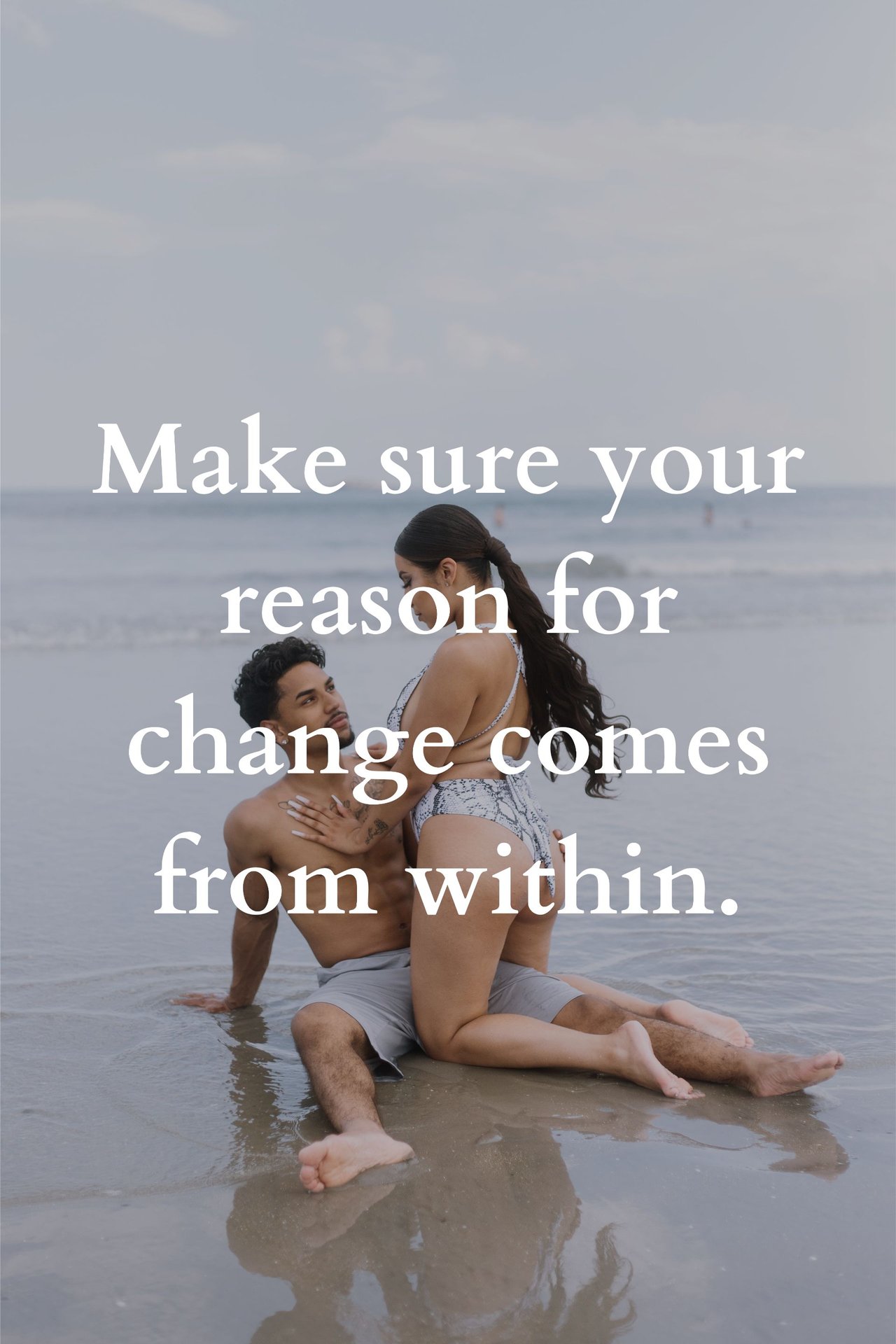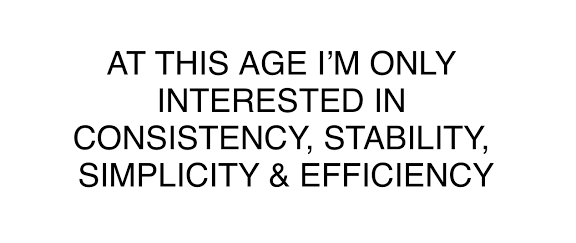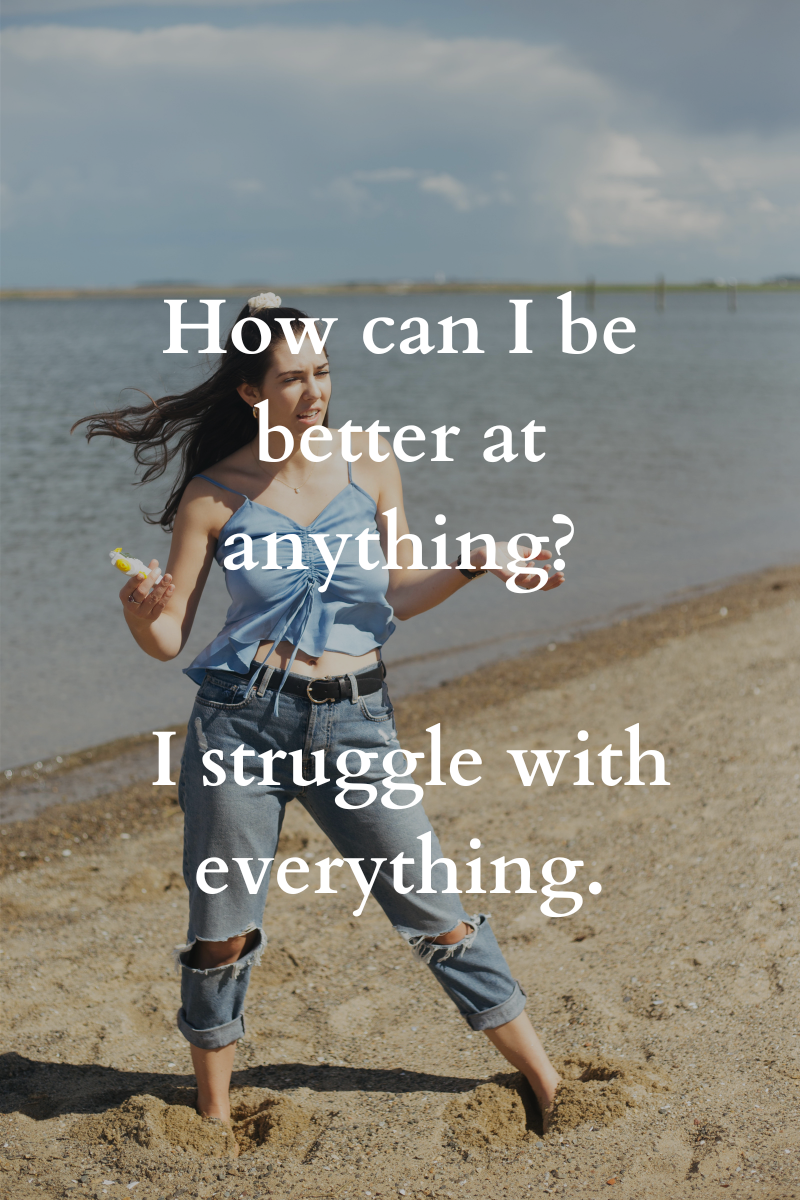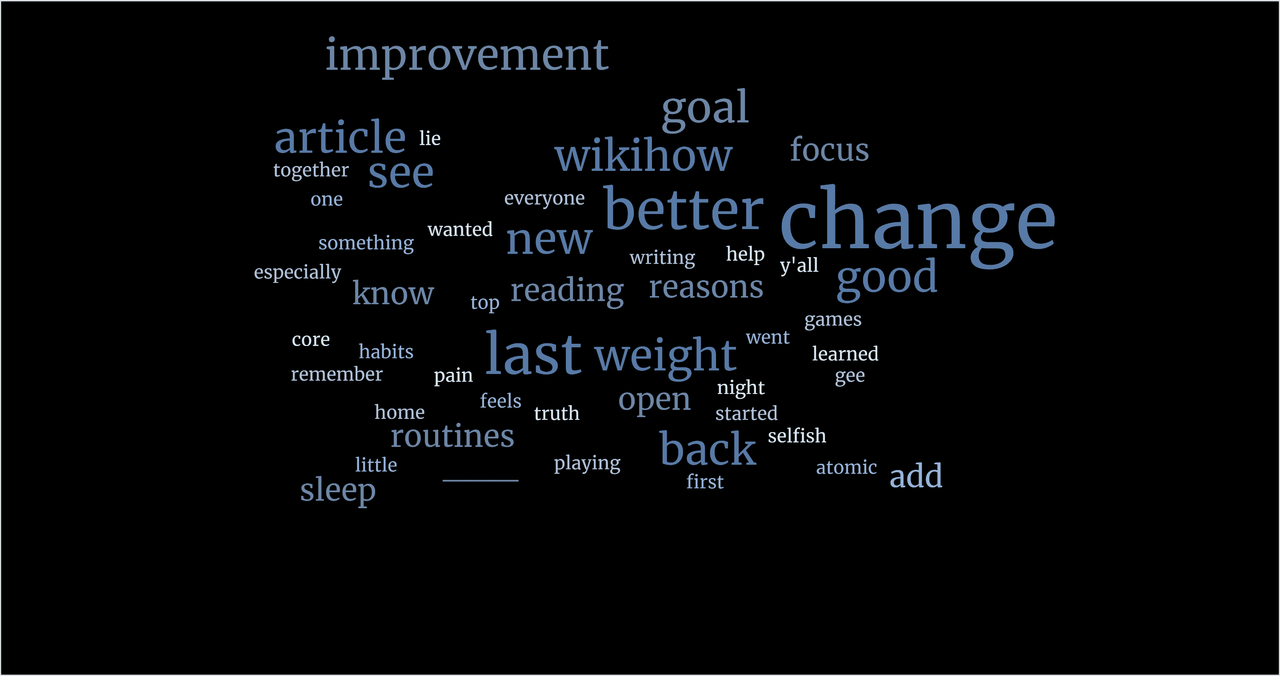How to Be Better at Something
The last two weeks saw a subtle change in him. He sat quietly for longer. His chest opened while his shoulders laid back. The workout routines would not make a cinematic montage. He wasn’t a prize fighter prepping for some grudge match. No medical examination would record an increase in height or weight, but Kyle stood taller, walking with the measured stride of an intentional man.
It just happens in the morning. I shift a bit, held down by sleep a little less, I guess. I don't know. The sunlight beaming through the open blinds glows like a safety cone. The blanket’s polyester feels soft, but causes you to sweat once it’s it too warm. I'm up. I went to sleep excited, that's it. Atomic Habits sits on top of Tell It Slant on top of my clipboard. I skimmed the first chapter to review how to change your behavior. Make it easy, make it attractive, make it obvious and the last one, I can never remember: make it satisfying.
Breakfast a distant memory, the ceramic plates in the sink resound as silverware shifts and clinks together. Approaching it next, I think, the desk plays home for too many routines to remember. Good thing I enjoy writing. I open my web browser to visit Notion, get started on the day's notes when I see a WikiHow article in my feed: How to Be Better at Something. What kind of timing is that? It's perfect. Reminds me of how everyone splits once we're done playing games together.
"Gee gee!" The acronym means “good game”, and tonight, we mean it especially.
"Gigi's." Sometimes we all say it so quickly, you can hear the French girl’s name in it.
"Yeah, thanks for the games, guys. I love playing with y'all." I pour my heart out to everyone in the voice channel nightly. Helps me sleep at night.
"Y'all have a good night. Stay safe." She says it with the wistfulness of a goodbye, not a ‘see you later’. The truth is, we will.
I didn't need any help getting better at Overwatch, that's for sure. Gentleness with myself, okay. I wanted six-pack abs like I wanted a skinny waist and a fat butt, purely selfish reasons. It wasn't until I kept reading health magazines and learned, your core is responsibly for holding up your spine. Ab workouts could help with lower back pain. I started to see exercise a little differently after that. I still like big butts and I cannot lie, but.

3 Parts, Each With Tasks
- Learning Skills
- Practicing with Purpose
- Overcoming Weaknesses
With the task of learning skills, I especially like the article’s fourth step: focus on what excites you about the new skill. See, I’m trying to pick up touch typing for several reasons. I write blog posts daily and find new reasons regularly to write more.
In fact, I only recently began to appreciate the importance of practice with purpose. So, WikiHow might deserve more credit. The article continues by instructing, determine a goal for your practicing session.
To this fact, I would add some of Atomic Habits’ framework. You want a process or systems goal as opposed to an outcome goal, like my selfish reasoning from earlier. The process of improving your core to alleviate back pain feels much more compelling.
Do you want sit and stand up straight or look hot?
Why not both, came the reply. They might not be mutually exclusive.
If you asked me if I thought a WikiHow article would be the focus of my writing today or that it would hold useful guidelines for improvement, this author might argue he has better things to annotate.
But before I discuss the last part of the article’s wisdom, the ways to overcome weaknesses, I pause to reflect. Insight exists often in the most unlikely of places. I found a best-selling American classic by Stephen Covey in the garage of my parent’s home. May we all be open enough to recognize good counsel always.

Thus, to overcome that pesky weakness, Brett Baughman, author of the article advises us: evaluate your improvement by a new measurement.
He ain’t lie. To share a vulnerable truth, I’m 174 lbs, 5’ 10”. For readers not in the United States, that’s about 79 kilos at 1.77 meters. I tried to commit to losing weight, around November, intermittently logging it during the week. Weight loss before the holidays already looked unlikely, never mind without a plan or perspective. What I failed to track then at that time proves more important: the number of minutes spent doing physical activity and the frequency of those activities.
Correcting my perspective to focus on how often I get active during the day, week and month puts my wins in a new light, one that doesn’t discourage me if I don’t get out to pump iron on that particular evening.
Readers might be curious to know, today, I’m about a half-pound above my previous weight: 174.4 lbs (79 kgs). The difference between this month and January boils down to my routines.
Since the 1st, I added strength training and yoga to my physical activity to-do list. My diet also incorporates much more protein, vegetables and fruit. Lately, I even substitute syrup on my waffles (which add so many carbs for some reason) with honey and add peanut butter for seven more grams of protein.
Moving the goal post might be helpful, in certain contexts.

Wrapping Up
I would not be the first or last person to claim to understand the secret to improvement. I don’t belong in that line. I won’t try. I feel that my takeaway might not satisfy people seeking answers. Then again, we don’t really know all the right questions.
Work is work and will always be what you make it. Improvement doesn’t have a magic spell to cast to make it more tolerable. Change is an ugly beast. Change makes you fight the greatest opponent you may ever face: yourself. Reading books, to me, takes change and puts glasses a pocket protector on the animal. It becomes a learned creature, change. Then, you might teach change to your glutes, your back, your stubborn father or religious mother, your fickle friend who doesn’t listen or the guy who went sober since you last spoke.
Articles or not, the difference in becoming better is you. Me? I’ll keep reading up on it.

